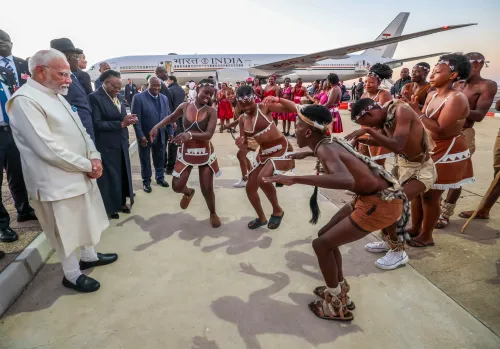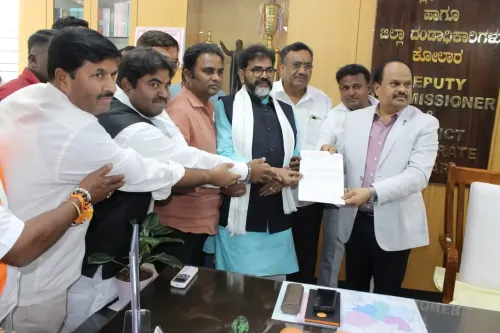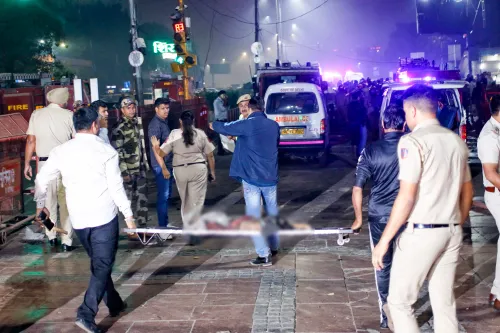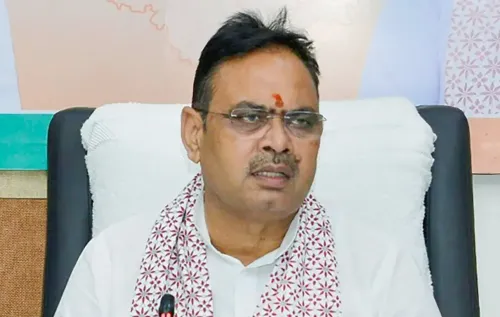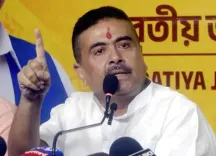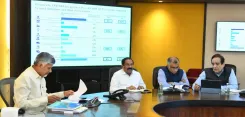Did Nishikant Dubey Uncover Key Facts About Nehru’s Diplomacy?
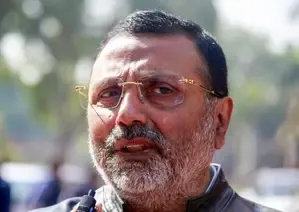
Synopsis
Key Takeaways
- Nishikant Dubey questions Nehru's foreign policy.
- Declassified documents reveal historical insights.
- Dubey's claims challenge Congress's leadership.
- International relations are complex and multifaceted.
- Political accountability is crucial for effective governance.
New Delhi, June 2 (NationPress) Following the Congress party's backlash against External Affairs Minister S. Jaishankar regarding his comments about "informing" Pakistan about Operation Sindoor, BJP MP Nishikant Dubey has escalated his criticism of the foreign policy legacy of previous Congress governments.
Dubey, recognized for his confrontational political demeanor, has turned to historical documents to support his arguments. On Monday, he shared another declassified letter penned by former Prime Minister Jawaharlal Nehru to the President of the United States during the 1962 conflict with China. The letter, dated November 16, 1962, which Dubey asserts was subsequently shared by the U.S. with Pakistan, serves as his evidence of what he terms the Congress leadership's frail stance on international diplomacy.
"Pakistan is a brother, a friend, a good neighbor, we will reach an agreement with them -- everything was written. But carefully read the excellent foreign policy of the great Nehru ji," Dubey quipped in his post.
The excerpt he spotlighted from Nehru's correspondence stated: "The idea of any conflict with Pakistan is one which is repugnant to us, and we on our part will never initiate it. I am convinced that the future of India and Pakistan lies in their friendship and cooperation for the benefit of both."
Dubey claims that the U.S. relayed this letter to the then Pakistani military leader Ayub Khan. "After viewing this letter, did we not create an opening for Pakistan to strike India in 1965? What can be said about a leader who reveals the nation's vulnerabilities to foreign powers, especially Pakistan?" Dubey inquired.
This is not the first occasion Dubey has referenced declassified documents to challenge Congress governments. Recently, he has shared excerpts from U.S. diplomatic communications and letters to revisit significant episodes in India’s foreign relations -- spanning from the 1962 conflict with China to the 1972 Simla Agreement.
Earlier, Dubey had referenced a declassified letter from former U.S. President Ronald Reagan to then Prime Minister Rajiv Gandhi, accusing the Congress party of duplicity for criticizing American involvement in India-Pakistan diplomacy.
He also reignited a debate by alleging that former Prime Minister Indira Gandhi "ceded" Indian territory to Pakistan in 1968 as part of the post-war boundary settlement in the Rann of Kutch region.

